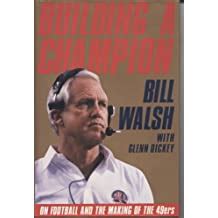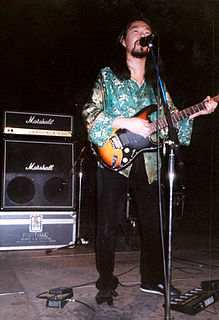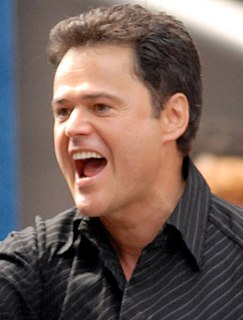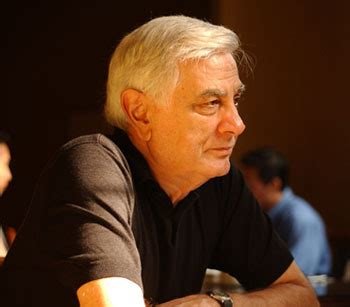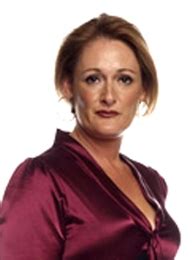A Quote by Bill F. Walsh
Machines aren't replacing proofreaders at all. Copy editors, who proofread and much, much more, use spellcheck as a tool but read every word that appears in the paper.
Related Quotes
We buy a copy of 'Gravity's Rainbow,' say, and we carry our copy home. We open it; we fall into it. And it is here that the word 'copy' fails. Because what I experience when I read 'Gravity's Rainbow,' or 'Beloved,' or 'The Moviegoer,' is not at all a 'copy' of what you experience when you read the same novel.
We are too much in the machine world today. Even here in Tuva we've got every year more and more cars and other technologies, and of course it brings more pollution to our air, to nature. And I think the idea of the Kraftwerk song is people should not be very much mechanized or to be a machine in the world of machines. The idea is to try to find a golden middle between the world of nature and the world of machines.
Touch-screen voting machines absolutely cannot be relied upon. Our recommendation was optiscan ballots - where you actually have custody of the actual ballots after the ballots have been passed through the computer. That's the most reliable system to use. And people should not use the electronic voting machines. Even electronic voting machines with paper trails can be manipulated.
The BBC is very much in thrall to all this techno cross-fertilisation, in much the same way that print journalists are now encouraged to blog. To the point where there is an emerging breed of sub-editors who take perfectly well-written and punctuated original copy and rewrite it so that it resembles a text message written by a 14-year-old under the influence of Bacardi Breezers.
[If a book were] very innocent, and one which might be confided to the reason of any man; not likely to be much read if let alone, but if persecuted, it will be generally read. Every man in the United States will think it a duty to buy a copy, in vindication of his right to buy and to read what he pleases.

